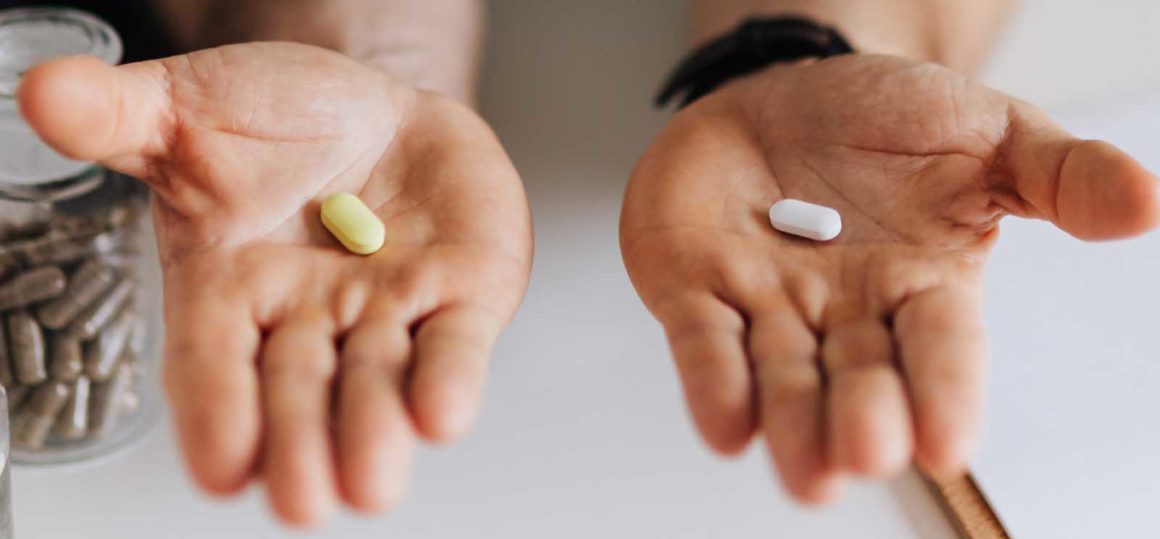According to an article from Cancer Centers of America, antibiotics can have a negative impact during cancer treatment if not used properly.
Antibiotics are a critical tool for fighting infections, especially in cancer patients who may have compromised immune systems. But like any tool, it may lose its edge and impact if it’s overused. “In a cancer patient, we need to be extremely careful, because they are immune-compromised,” says Mashiul Chowdhury, MD, Chief of Infectious Diseases at Cancer Treatment Centers of America® (CTCA). “They need antibiotics, but you don’t want to lose that battle. You have to keep your antibiotics tool very sharp. In order to keep that tool sharp, you have to make sure you are using the right antibiotic at the right time.”
A worldwide problem
The Centers for Disease Control and Prevention (CDC) considers antibiotic-resistant bacteria among the “world’s most pressing public health problems.” Antibiotics may be misused in as many as half the cases in which they are prescribed, according to the CDC. This includes unnecessary use and/or prescribing the wrong antibiotic, dose or duration. Too often, Dr. Chowdhury says, antibiotics are prescribed for common colds or even the flu, which may be caused by viruses, not bacteria. “When you use antibiotics, there are consequences,” he says. “We live with bugs. We live with bacteria. We live with viruses. So we have to be smart about the way we use antibiotics. Like a common cold—it happens. It seems, at times, we are using antibiotics for everything.”
An antibiotic-resistant bacterial infection may cause serious issues for a cancer patient, who likely already has a suppressed immune system. Chemotherapy may cause neutropenia, a reduction of white blood cells that help fight infections and viruses. Radiation therapy may damage the skin and cause irritation and wounds. Immunotherapy or targeted therapy drugs may trigger side effects that may lead to infections. Incisions from surgery or to insert ports or catheters may be vulnerable to infections. Immune-compromised patients may be exposed to bacteria carried by visitors or resting on countertops, door knobs or elsewhere in their surroundings. “Cancer patients are often in and out of hospitals and health-care settings,” Dr. Chowdhury says. “They can be exposed to pathogens and then transmit those pathogens to one another.” Every year, about 60,000 cancer patients are hospitalized with infections, according to the CDC. “If your infection is not treated well, you may not be ready for another round of chemotherapy or radiation,” Dr. Chowdhury says.
Targeted antibiotics key
It’s important for doctors to pinpoint the cause of the infection so they can prescribe a narrow, targeted spectrum of antibiotics. “You don’t need to affect the organism that is not giving the infection,” Dr. Chowdhury says. “If you do, then those organisms may become resistant unnecessarily.” He also urges patients to take the medication as prescribed and to take the entire course of medication, even if they are feeling better. Don’t drink alcohol while taking antibiotics and be aware of whether your antibiotic may be taken with or without food.
One way to avoid the need for antibiotics is to practice good hygiene that may prevent infections in the first place. Wash your hands frequently, and ask your caregivers to do the same. Also, get enough sleep, avoid large crowds, stay hydrated, eat well and do not share food, drinks or utensils. “Prevention,” Dr. Chowdhury says, “is always the best way.”

